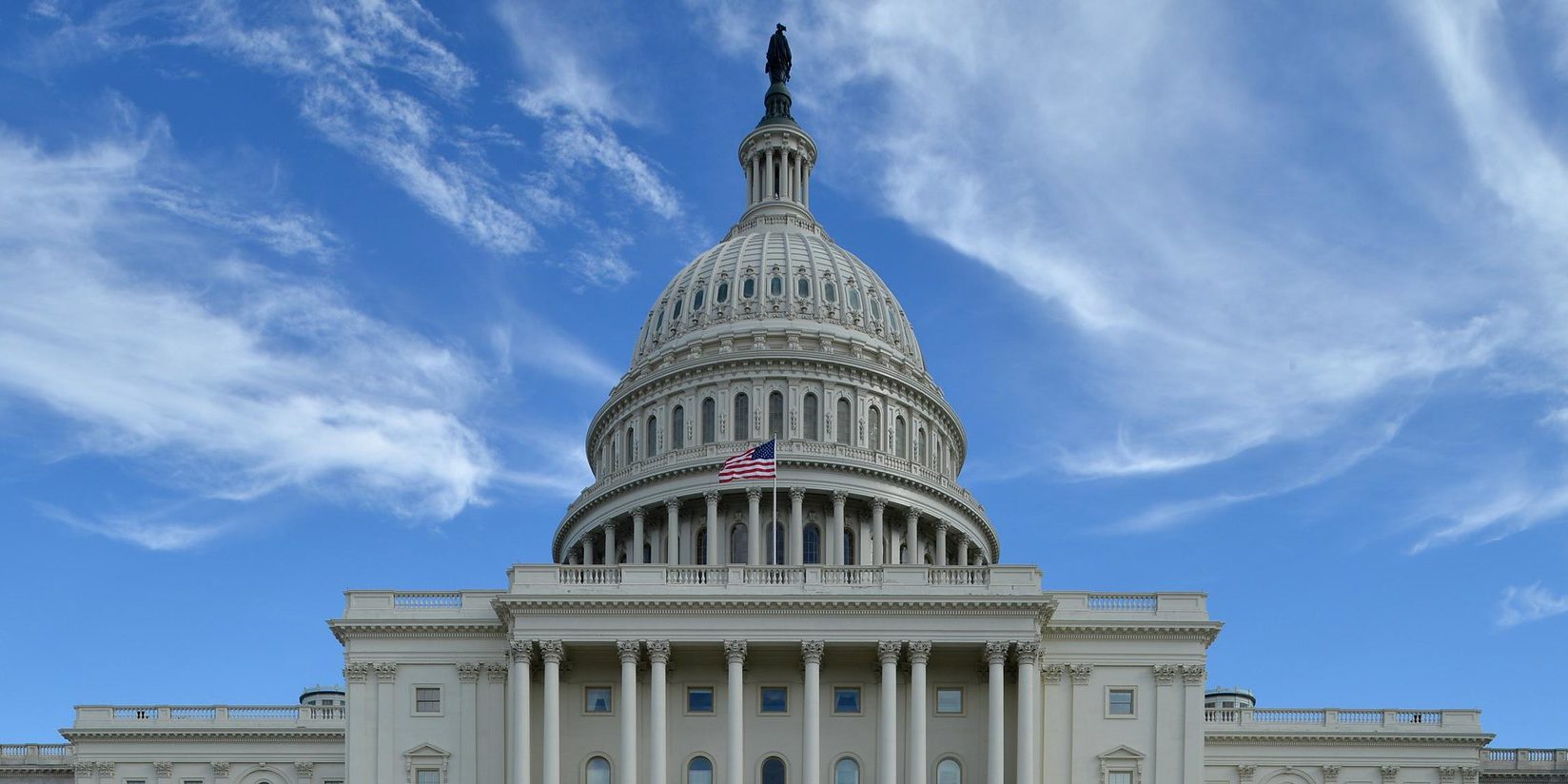Earlier this month, U.S. Senators John Hickenlooper (D-CO), Michael Bennett (D-CO), and Rep. Joe Neguse (D-CO) released a joint statement celebrating an investment of $13.8 million by the federal Department of Transportation in expanding the electric vehicle charging network across Colorado.

In a Jan. 11 statement, the Democrats explain that the federal funds will go to Boulder County and Colorado State University (CSU). The university will spend $8.9 million on creating three public hydrogen fueling stations in Fort Collins, Denver, and Pueblo. The remaining $4.9 million will be spent by Boulder County in creating over 100 EV chargers in low- and moderately-low-income communities.
Hickenlooper explains the importance of this investment, as, “Our energy economy transitions, advances like electric vehicles are essential for cleaner air and fighting climate change.”
Hickenlooper is hopeful that this program, “fill[s] gaps in our EV charging network across Colorado” and “will make driving electric cheaper and more accessible.”
The funds are from a bipartisan law passed last year for infrastructure upgrades across the country and will fund, among other things 47 EV charging and alternative-fueling infrastructure projects in 22 states and Puerto Rico, including the construction of approximately 7,500 EV charging ports.
On the state level, Colorado has already been supporting a transition to electric vehicles to mitigate the effects of climate change. One of the first executive orders by Gov. Jared Polis (D-CO) was Executive Order B 2019 002, “Supporting a Transition to Zero Emission Vehicles,” which promoted the goal of having 940,000 light-duty electric vehicles in Colorado by 2030. The Polis Administration’s 2023 EV plan includes a further goal of increasing the market share of light-duty electric vehicles to nearly 100% by 2050.
These plans aim to address the global issue of climate change. A 2015 Report published by the Colorado Energy Office found that climate change is likely to negatively impact the agricultural and recreational sectors of Colorado industry, in addition to slow-downs in rail transportation and a heavy depletion of water resources.




